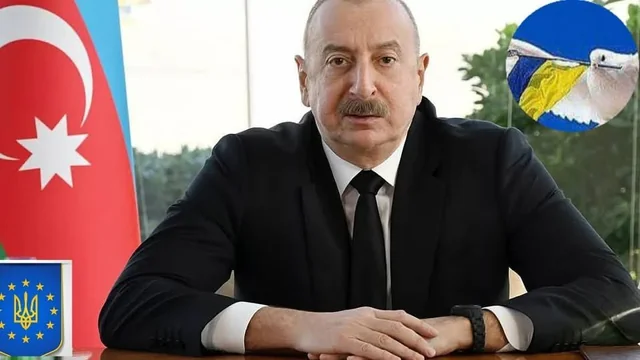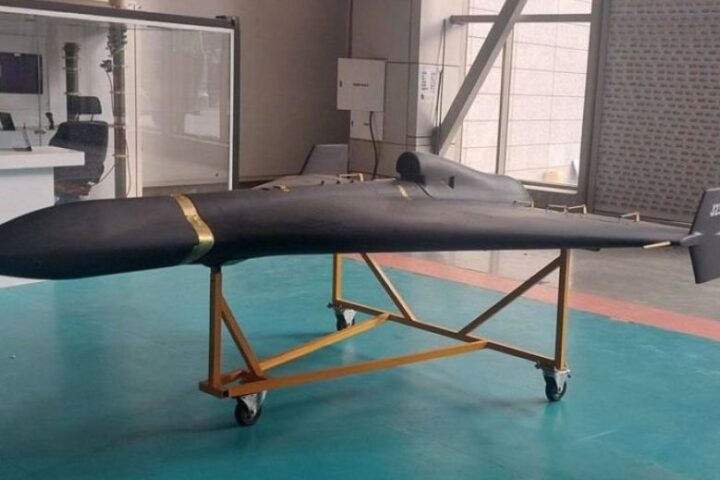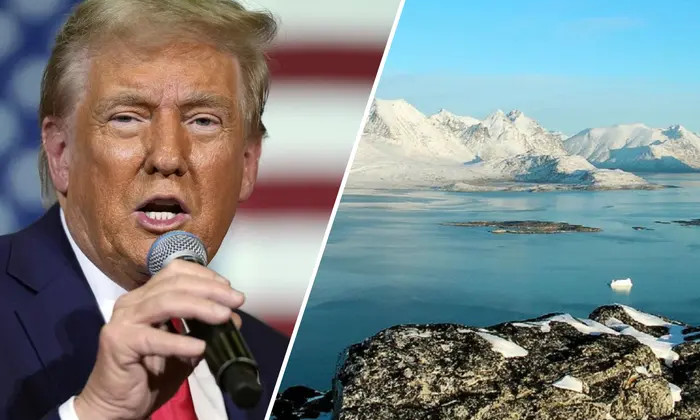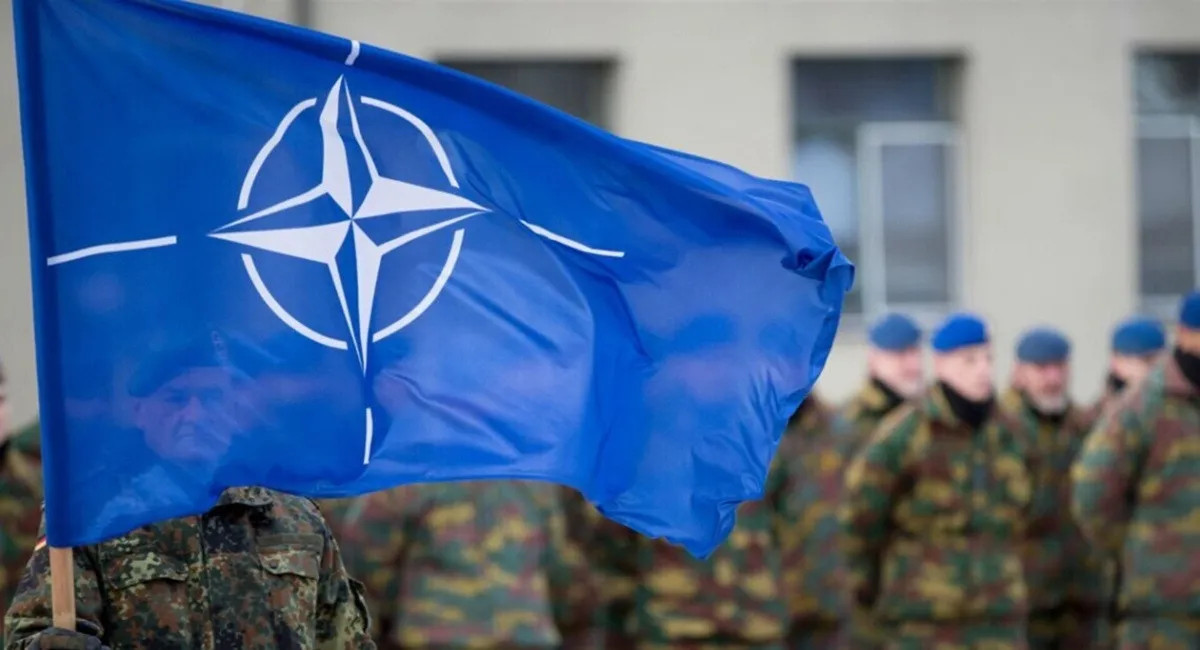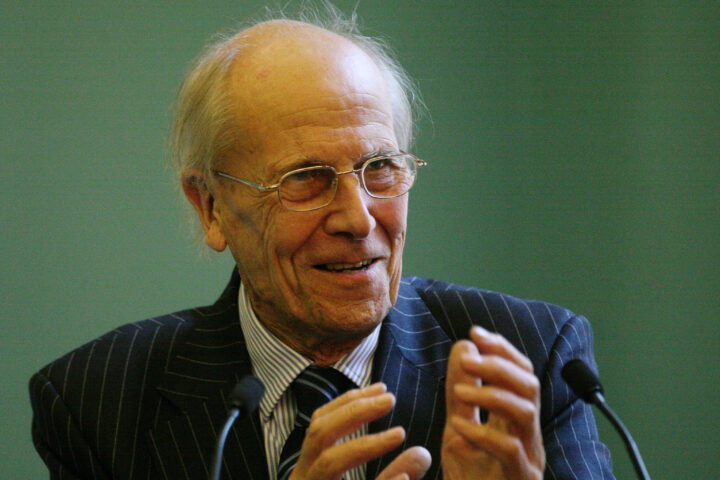Azerbaijan has taken an unprecedentedly tough stance against Russia, signaling a historic shift in its foreign policy alignment. Speaking on July 19 at the Shusha Global Media Forum, President Ilham Aliyev openly endorsed Ukraine’s struggle to restore territorial integrity and announced that Baku would pursue international legal action against Russia over the downing of an Azerbaijani passenger jet in December 2024.
Addressing Ukrainian journalist Dmytro Gordon, Aliyev urged Ukrainians to “never accept occupation,” drawing a direct parallel between Ukraine’s fight against Russian aggression and Azerbaijan’s own military campaign to retake Nagorno-Karabakh. According to Aliyev, Azerbaijan succeeded “not through concessions, but through determination,” suggesting Kyiv could draw valuable lessons from Baku’s approach.
His remarks, delivered at a high-profile international platform, further underscore Azerbaijan’s deepening pivot away from Moscow and toward closer alignment with Ukraine, Turkey, and NATO members.
Aliyev compares plane incident to MH17, demands reparations from Russia
Aliyev confirmed that lawsuits against Russia are being prepared in international courts in connection with the AZAL jet crash near Aktau, which killed all 38 people on board. He likened the incident to the 2014 downing of Malaysia Airlines Flight MH17 and demanded Russia issue a formal apology, punish those responsible, and pay compensation to victims’ families.
The Azerbaijani president stressed that the case is “clear as day” and accused Russia of stalling. Despite repeated formal inquiries, Moscow has not provided satisfactory answers. According to Baku, the aircraft was likely shot down by Russian (Chechen) air defense units during its approach to Grozny airspace.
Kremlin-backed voices lash out with economic and military threats
The escalation triggered fierce backlash from pro-Kremlin commentators and Z-bloggers. In a wave of reactionary messaging, they demanded retaliatory measures — including halting agricultural imports from Azerbaijan, threatening military action, and calling for strikes on Baku. Some even framed Azerbaijan’s actions as a “stab in the back,” accusing Baku of betraying historical ties with Russia while profiting from its diaspora within the country.
However, analysts note that such threats are largely rhetorical. Russia’s traditional pressure tools — energy blackmail, trade restrictions, or political leverage — are ineffective against energy-rich Azerbaijan. With no gas dependency on Russia and growing ties with Turkey and the West, Baku’s geopolitical insulation is notable.
Moscow’s waning influence and Azerbaijan’s strategic decoupling
Observers point out that Azerbaijan is following a pattern familiar across the post-Soviet space: distancing from Russia, engaging with NATO, and facing aggressive pushback. From Georgia’s 2008 war to Ukraine’s full-scale invasion and Armenia’s recent exit rhetoric from CSTO, Moscow’s regional clout is steadily eroding.
The latest confrontation adds to that trajectory. Russia’s detainment and alleged mistreatment of Azerbaijani citizens — including a fatal police raid in Yekaterinburg — is further poisoning bilateral ties. Meanwhile, Azerbaijan is accelerating military cooperation with NATO and deepening its defense partnership with Turkey, which may include hosting a Turkish base on its territory.
As Russia becomes entangled in yet another international legal and diplomatic confrontation, its capacity to control the regional narrative continues to shrink. For Azerbaijan, the message is clear: alignment with authoritarian neighbors is no longer a strategic necessity.
